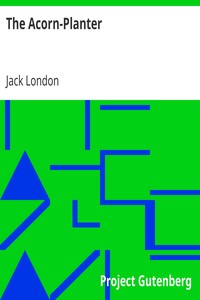| Summary |
"The Acorn-Planter" by Jack London is a dramatic play written in the early 20th century, specifically in 1916. This work is categorized as a California forest play, which uses lyrical elements and characters from Native American cultures to explore themes of life, kindness, and the consequences of violence. The play reflects on the nature of humanity and the importance of planting seeds—both literally and metaphorically—while contrasting the philosophies of war and peace. The storyline revolves around Red Cloud, the first man of the Nishinam tribe, who advocates for the ways of the acorn-planter, emphasizing the importance of nurturing life over engaging in conflict. As the narrative unfolds through different time periods, Red Cloud's ideals clash with those of the War Chief, who favors aggression. When a group of European explorers, the "Sun Men," arrives, they are initially met with hostility, resulting in tragedy and death. Ultimately, the themes converge on the necessity for brotherhood and kindness among all people, culminating in a hope for a new day characterized by planting seeds of life rather than death, where all humanity could coexist harmoniously. The play poignantly illustrates the cyclical nature of violence and the eternal struggle between the drive for survival through war and the gentler path of cultivation and peace. (This is an automatically generated summary.)
|

